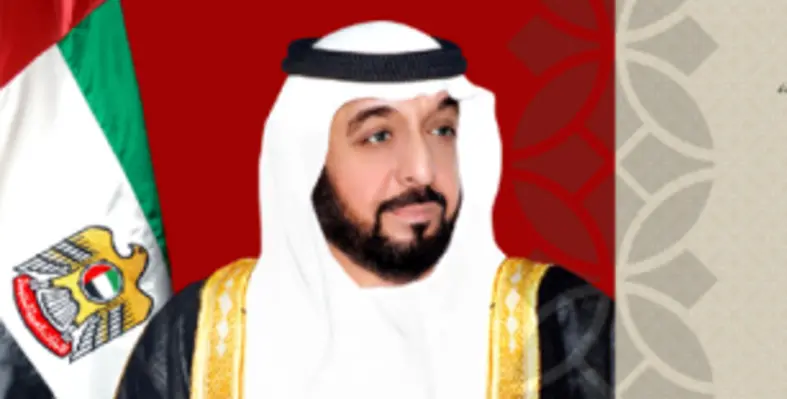Shaikh Khalifa Bin Zayed Al Nahyan, the President of the UAE, has issued the Federal Decree-Law No 8 of 2017 for Value-Added Tax (VAT) at a standard rate of five per cent, which will be imposed on the import and supply of goods and services at each stage of production and distribution including what is deemed to be a supply
A preliminary step to implementing VAT in the UAE as of 1 January 2018, this is one of the lowest tax rates in the world.
According to the Decree-Law, all supplies of goods and services are subject to VAT at five per cent rate, excepting specific supplies that will be subjected to the zero rate.
A supply of goods includes the transfer of ownership of the goods or the right to use them as an owner from one person to another and an entry into a contract between two parties triggering the transfer of goods at a later time. A supply of service is any kind of supply other than supply of goods.
The two exceptions include the issuance or sale of any voucher unless the received consideration exceeds its declared monetary value and the transfer of whole or part of a business from a person to a taxable person for continuing such business that was transferred.
?The Federal Decree-Law issued by HH Sheikh Khalifa bin Zayed is the bedrock of the UAE?s planned tax system, which was designed to meet the most stringent of standards and best practices,? said HH Sheikh Hamdan bin Rashid Al Maktoum, deputy ruler of Dubai and UAE minister of finance and chairman of the federal tax authority.
The VAT is set to be implemented across all GCC countries in the next two years. According to HH Al Maktoum, the new tax system is expected to bring a new revenue stream for the national economy and GDP, which, in turn, aims to ensure consistency in the high quality of government services.
The new VAT will be implemented in the GCC countries depending on the readiness of each member state between 1 January 2018 and 1 January 2019 pertaining to the Common VAT Agreement of the states of the GCC.
With the new tax system, the UAE government hopes to redistribute the revenues to development projects that benefit society at large and accelerate progress in all sectors.
The UAE government has stated that each individual, having residence in the UAE or in a VAT implementing GCC state, must register for VAT according to the Decree-Law. The Decree-Law has further stipulated that two or more persons conducting business together may apply for the registration as a tax group meeting certain criteria.
The legislation includes provisions that prohibit any person conducting business from having more than one tax registration number or TRN unless it is decided by the executive regulation. The authority has the right to make changes to the persons by adding or removing them during registering as a tax group based on the instances mentioned in the executive regulation.
As defined by the Decree-Law, a non-resident person need not to take the value of goods and services imported into the UAE for calculating whether those are entitled to apply for tax registration if it is the duty of the importer.







